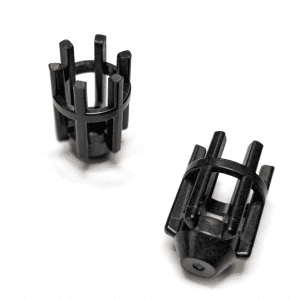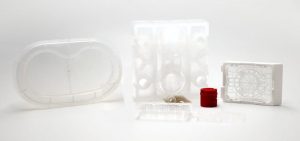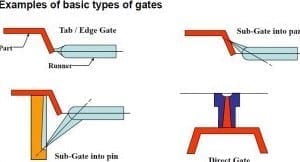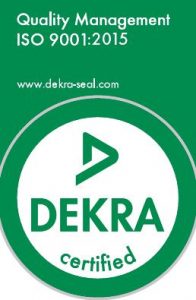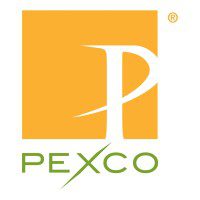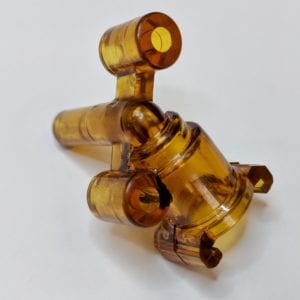
Ultem PEI Polyetherimide thermoplastic component
Expertise is incredibly important in custom plastic injection applications. These applications often involve precise specifications and unique requirements, where even slight variations can significantly impact the final product. Close collaboration between the manufacturer and the client is essential to ensure that the design, material selection, tooling, and production processes align perfectly with the desired outcome.
Expertise in this context involves:
- Understanding Specific Needs: Engaging with clients to thoroughly comprehend their exact requirements, tolerances, and desired outcomes for the injection-molded parts.
- Tailoring Solutions: Customizing the manufacturing process, including mold design, material selection, and production methods, to meet the precise needs of the client.
- Material Knowledge: Knowing material options and access to material suppliers is essential in developing unique custom resin formulations to meet production needs.
- Clear Communication: Maintaining open lines of communication throughout the entire process to address any concerns, discuss progress, and make necessary adjustments promptly.
- Quality Assurance: Ensuring stringent quality checks and inspections at every stage to guarantee that the final product meets the client’s specifications and standards.
- Flexibility and Adaptability: Being able to adapt to changes or refine the process based on client feedback or evolving requirements to deliver the best possible outcome.
Expertise in custom plastic injection applications not only ensures the technical accuracy of the manufactured parts but also builds trust and fosters long-term partnerships between manufacturers and clients.
Performance Plastics is a world-class complex injection molding company. We work with our customers to leverage the capabilities of ultra and high-performance materials such as PEEK, Torlon®, Ultem®, PFA, FEP, PVDF, and ETFE and can achieve extreme dimension or tight tolerance injection molded parts.
For more information on Performance Plastics’ capabilities, please contact Rich Reed, Vice President of Sales & Marketing at [email protected], or visit our website at www.performanceplastics.com.


